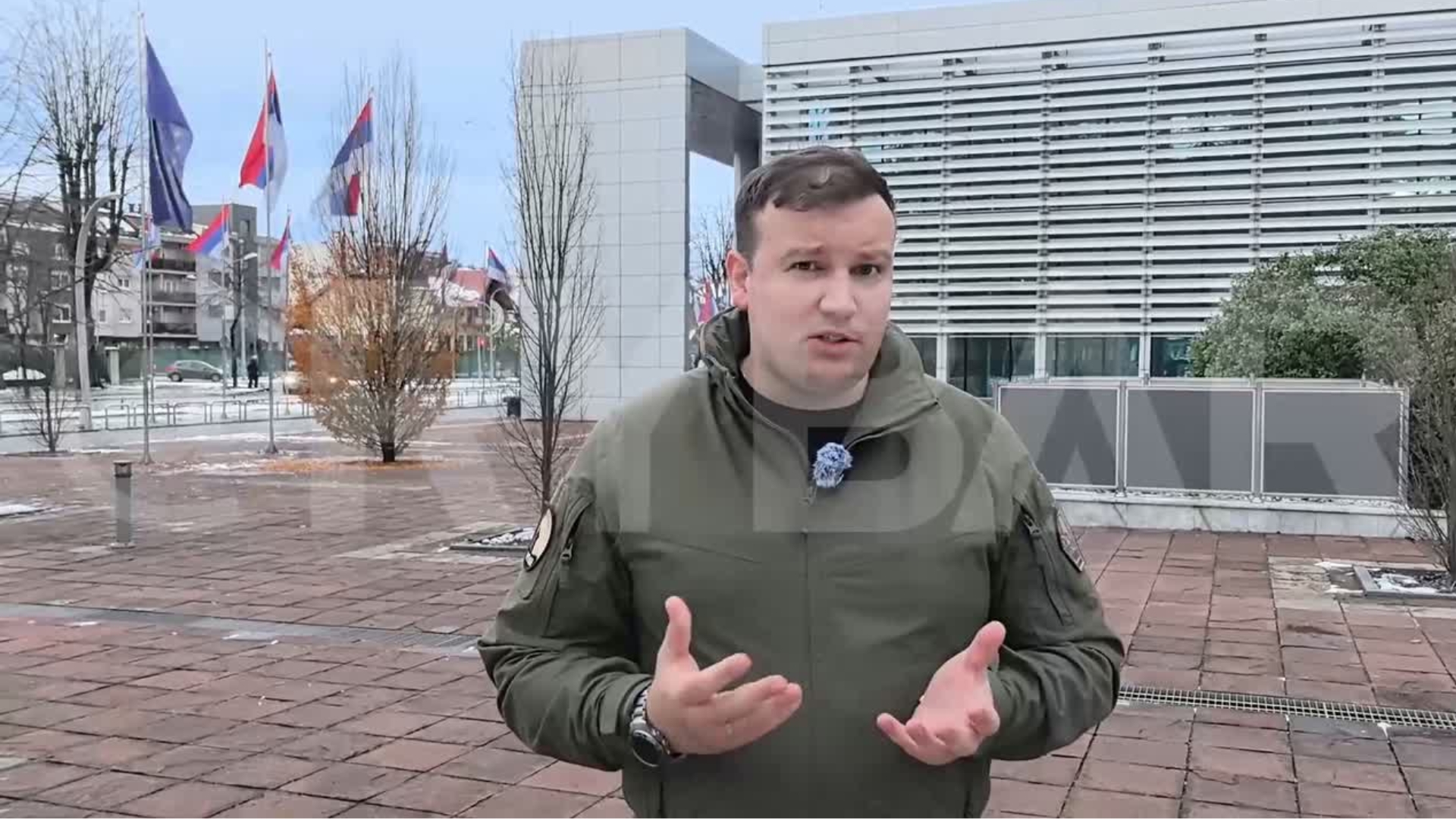This post is also available in: Bosnian
Hundreds of thousands of marks from the state budget were paid to defendants who were held in custody and sought damages after their acquittals.
Zoran Jankovic is the first defendant who was acquitted by the state court under a second instance verdict. Prosecutors confronted him with a severe indictment in 2006.
Jankovic was indicted for allegedly participating in the murder of 36 prisoners at the Rasidov Han site in Snagovo in the municipality of Zvornik, and burning the bodies to conceal evidence of the crime. Jankovic was also accused of abducting civilians from the Kalesija villages of Seher and Memici.
In late 2006, Jankovic pleaded not guilty. The trial began the spring of next year. After three months of evidentiary proceedings, Jankovic was acquitted. The trial chamber said the case was one of mistaken identity.
A few months later, the verdict confirmed this claim: “…according to the Prosecution of Bosnia and Herzegovina, the statements of key witnesses clearly cast doubt on their recognition of the person they saw on that ominous day participating in the capture and murder of their loved ones,” the verdict reads.
Contradictory verdicts

Since 2005, second instance verdicts have been handed down in the cases of 189 defendants. A quarter of them were acquitted, as the state prosecution failed to demonstrate their culpability. The accused were acquitted of charges of participating in the Srebrenica genocide, in acts of persecution, murder, rape, torture and other crimes. Out of the six state prosecution teams, the special team for Srebrenica have filed the greatest number of prosecutions, but also have the highest number of defendants released.
BIRN sources at the state court’s appellate chamber say that first instance trial chambers have sent 12 innocent people to prison. These verdicts attracted much public attention.
Evidence which were deemed credible by the first instance trial chambers weren’t perceived the same way by the appellate chamber, and led to a number of acquittals. Milos Stupar, who was sentenced to 40 years in prison, is now a free man.
In 2008, Stupar, the former commander of the Sekovici Special Police Brigade of Republika Srpska, was found guilty of failing to punish his subordinates who shot victims in Srebrenica in Kravica, near Bratunac.
After the Bosnian Serb Army took over Srebrenica on July 11, 1995, thousands of civilians tried to break through the woods towards Tuzla. Serb forces attempted to stop them. Those who were caught were killed at several locations in the municipalities of Zvornik and Bratunac.
Approximately one thousand prisoners were taken to the warehouse of the Kravica Farming Cooperative. According to the verdict, prisoners were shot on July 13 and 14, 1995, by the Special Police Brigade of Republika Srpska, members of the Jahorina training centre and the Sekovici detachment.
During Stupar’s retrial, the appellate chamber concluded that he wasn’t responsible for the crimes of his subordinates.
“In order to punish someone for command responsibility, effective control of subordinates has to be proven,” judge Azra Miletic said.
The first instance trial chambers handed down long prison sentences to Zoran Tomic (sentenced to 30 years in prison for aiding in the Srebrenica genocide), Momir Pelemis (sentenced to 16 years for crimes in Srebrenica) and Goran Saric (sentenced to 14 years for crimes committed in Sarajevo). All three, as well as other verdicts, were repealed by the appellate chambers.
Damages paid for time in custody
The state prosecution couldn’t demonstrate the guilt of 14 people who were indicted for genocide and other crimes in Srebrenica. Most suspects are former members of the Special Police Brigade of Republika Srpska, who were on trial for the execution of men in Kravica.
Three defendants were acquitted under first instance verdicts.
After their acquittals, many former defendants filed lawsuits for compensation and damages for their time spent in detention. Detention is the last measure that judges employ (upon the proposal of the prosecution) to ensure the presence of the defendant and not jeapordize the proceedings.
According to BIRN data, by the end of March 2014 the Bosnian state court awarded at least 600,000 marks to 27 people who were acquitted and sought damages. A new wave of lawsuits has begun.
For example, Stupar spent a long time in custody, approximately four and a half years. He received 84,000 marks in damages from the state court, significantly less than he requested, as is the case with others as well.
“It’s obvious that the Court of Bosnia and Herzegovina took the stance that it’s mathematically around 50 marks per day ,” defense attorney Ozrenka Jaksic said.
Prosecutors and judges can’t be held accountable for these acquittals, unless arrived at intentionally or through gross negligence.
Authorities can demand that prosecutors who conducted proceedings reimburse the accused only if damages were caused intentionally or through gross negligence. In other cases, prosecutors can’t be held accountable for criminal and civil liability “for any offense they committed during exercise of their official functions.”
In the case of judges who brought down differing decisions, this can’t be considered an offense. Offenses must include elements of intentionality, bias, negligence and the like.

